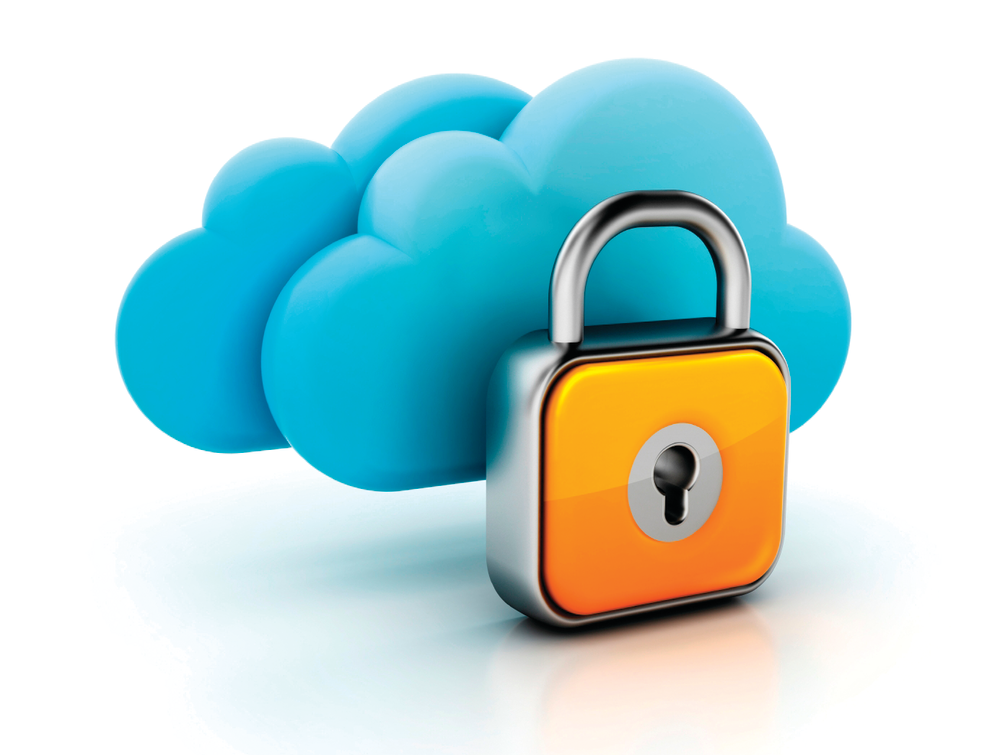When most clients call you, they start with a question about taxes, bookkeeping, or whether they can afford an upcoming business expense. But every so often, clients may call with more serious questions:
- “My office was flooded and my records are lost, what happens if I can’t recover them?”
- “An employee left the door unlocked and someone stole our hard drive with all of my expense report backups. What do I do?”
- “We suffered a total cyber attack and it could be days before we’re back online, but payroll can’t wait. How do we stay on track?”
Even though preparing your clients to avoid or recover from disasters that could affect their accounting and bookkeeping may not be the main reason your clients’ retain you, that doesn’t mean you should keep your wisdom to yourself. Your clients may not even think to ask you for help with disaster preparedness, so it’s up to you to help them build the infrastructure to weather a storm.
September was National Preparedness Month, so I took the time to speak with accountants at 4700Group to see what they would recommend to other accountants and bookkeepers that want to help their clients prepare for natural, cyber, and accidental disasters. One of the common threads: use cloud-based tools.
“If a client is cloud-based, they can be operational within a fraction of time after a disaster,” says Gale Kirsopp. “Cloud-based systems are accessible from any mobile device, so if their cell phone is still working, they could still be operational. If all their software applications and data are stored on local servers/computers, in addition to getting new hardware, they will have to find backups of the information and reconstruct their data.”
Here are their recommendations for how you can improve your clients’ disaster preparedness:
Lead by Example:
One of the easiest ways to introduce clients to the cloud-based tools that can help them weather a disaster is to show them how you use cloud-based tools in your everyday business. Not only can exposing your clients to the cloud-based tools that you use alleviate any concerns that they may have with storing information in the cloud, but you can also use the opportunity to show how operating cloud-based tools can be one of the best strategies for becoming operational after a disaster.
“For our ongoing monthly clients, part of our package pricing includes a technology component,” says Susan Matautia. “As part of the onboarding process, we explain the advantages of using cloud-based applications for both themselves and working with 4700Group.”
Audit Your Clients’ Accounting Workflow:
Even if you don’t offer technology as part of your offerings to your clients, you can still help clients improve their current technology workflow. As you assess their tools, look for areas that make them vulnerable such as any security flaws or gaps or any areas where data backups aren’t likely to withstand a disaster.
“We walk through new clients’ current workflow processes and determine what software applications are used for what purpose,” says Kirsopp. “When we make a recommendation we are considering several factors – and data security is one of the primary considerations. Security of data from attack and data security from failure, how often does the company back up their systems and your data?
Discuss the Benefits of Stakeholder Access:
When accounting and bookkeeping records are stored in a cloud-based tool, stakeholders can access them from any device that has an Internet connection. Not only does this mean that your clients can access their own data in the event of a disaster but it also means that you can step in and maintain their finances on their behalf after a disaster – or even during business as usual.
“With cloud-based tools, we have access to our client’s data without intruding on their work day,” says Kirsopp. “We do not require scheduling time to be in their office, nor do we need to take over one of their computers to work remotely or compromise security by storing their information in multiple places.”
When Clients’ Data is Stored in the Cloud, Everyone Sleeps Easier
It’s true that every cloud-based application is unique. As you help your clients find the right cloud-based tools for their business, you’re likely to encounter challenges as you and your clients navigate the learning curve of adopting new tools and changing your workflows. But in the long run, cloud-based tools can save both you and your clients time—and everyone can rest a little easier knowing information is safe even in a disaster.
Thanks for reading CPA Practice Advisor!
Subscribe Already registered? Log In
Need more information? Read the FAQs
Tags: Accounting, Hardware, Technology




